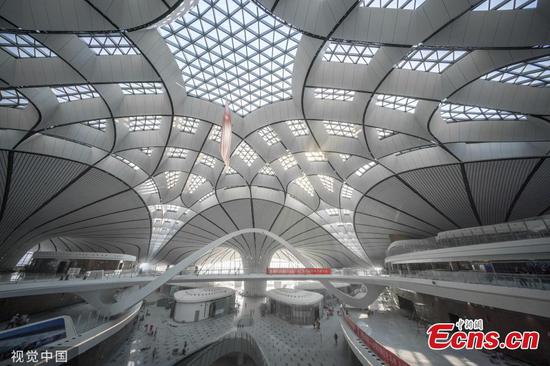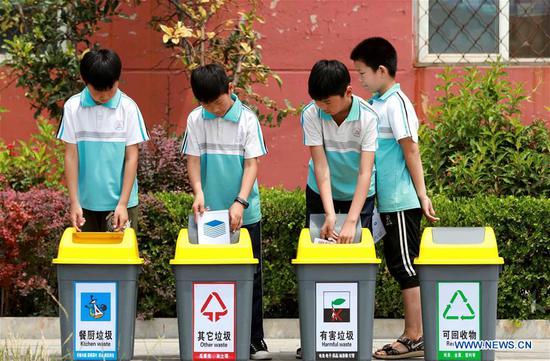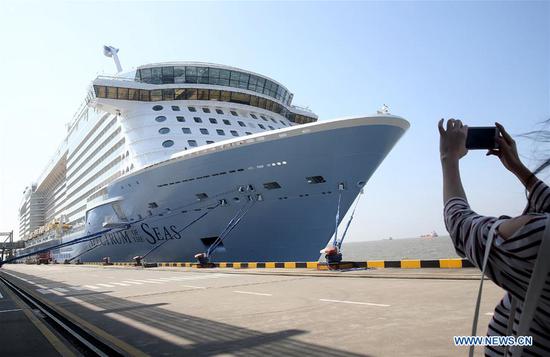The ongoing Washington-initiated frictions against China in the tech sector would backfire on U.S. companies, and Washington should tread the path "very carefully," U.S. experts have warned.
The U.S. government last month announced it would "prohibit transactions posing an unacceptable risk" to the country by declaring a national emergency over what it claimed are technological threats, and announced restrictions on the sale and transfer of U.S. technologies to Chinese telecommunications company Huawei.
"DISASTROUS IMPACT" ON U.S. COMPANIES
"I think that the possibility of a technical war ... is going to have a disastrous impact on American companies, as well as others around the world," Joseph Menn, U.S. writer and technology reporter with Reuters told Xinhua on Monday.
"There's a lot going on. There are (technological) systems that are vulnerable. There are systems that are subject to influence by governments. There is some protectionism in play here," Menn said during a discussion event held by U.S. think tank Council on Foreign Relations.
Menn also said that when it deals with issues regarding trade and Huawei, the administration of U.S. President Donald Trump has much political consideration, having in mind issues such as the 2020 presidential election.
"I think maybe there's a fair amount (of) brinksmanship involved," he said.
Tech analysts have also expressed grave angst that Washington's punitive measures would incur similar countermoves by China, of which U.S.-based companies will bear the brunt.
"What that opens up for the United States and tech companies based in the U.S. is reciprocation that economically we're not really going to be able to absorb (in the) long term," Katie Moussouris, founder and CEO of Luta Security, told Xinhua.
"It's a matter of whether or not our companies will end up suffering because of similar reciprocal trade blockades," said the U.S. computer security researcher.
GLOBAL DEPENDENCY IN SUPPLY CHAIN
The experts also said that U.S. companies will be harmed by the tech tensions because they are intricately involved in the global technology supply chain.
Huawei alone buys more than 11 billion U.S. dollars' worth of goods and services from U.S. companies each year, according to Chen Lifang, Huawei's group board director.
The U.S. ban would force small and independent telecoms operators, such as Eastern Oregon Telecom and Union Wireless in Wyoming, to spend much for more expensive gear from Huawei's competitors, according to a recent article in The New York Times by Chen.
"We are certainly not in a position in the United States and in most western countries to fabricate all of our equipment domestically or with countries that are not China," said Moussouris.
"So I think that there's going to be global dependency in the supply chain no matter what we do. So I think it's a path that we (should) tread very, very carefully," she warned.

















































